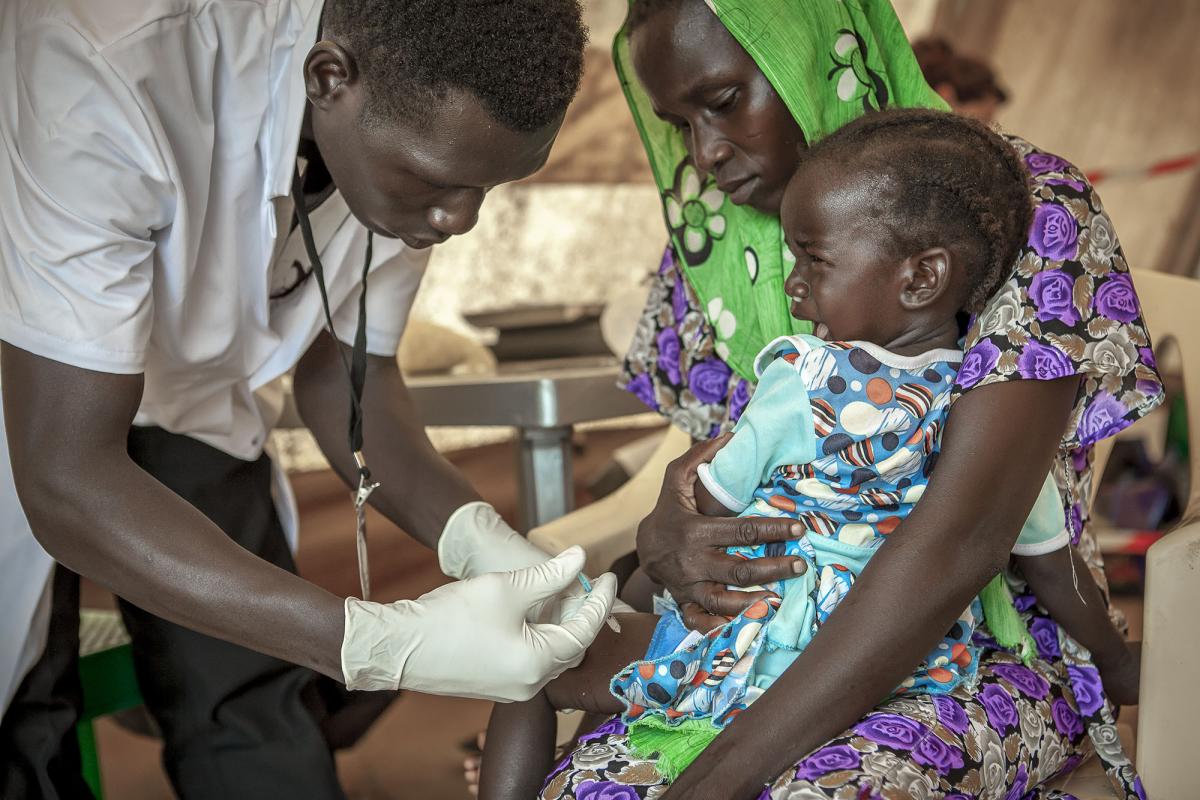
Vaccination protects children from different infectious diseases. But every year, a million children still die of pneumococcal disease which can be prevented by vaccination. One of the reasons is that many developing countries cannot afford this new high-priced pneumococcal vaccine. So, how expensive is it really?
Vaccine prices have surged in the past decade or so. In the poorest countries, the price to fully vaccinate a child is now a colossal 68 times what it was in 2001. Over the next five years, the richer donor countries will need to pay US$7.5 billion dollars more to sponsor the purchase of vaccines for poor countries via Global Alliance for Vaccines and Immunization (GAVI)*, with over one third of that paying just for the costly pneumococcal vaccine.
Since GlaxoSmithKline (GSK) and Pfizer are the only two pneumonia vaccine producers, the oligopoly has enabled them to earn billions in sales in developed countries while they are still reaping profits from the poorest countries. As they are selling the vaccine to GAVI-eligible countries at US$10 per child, which is already unaffordable to many buyers, GAVI is offering them an additional subsidy for their research, meaning that GAVI is paying up to US$21 per child for the vaccine. MSF has been asking GSK and Pfizer to slash the price of the vaccine to US$5 per child - but in vain.
In addition, with limited pricing data, pharmaceutical companies can charge wildly different prices in different markets for the same product, making it difficult for governments to compare prices and negotiate for better deals. The data available shows that the pricing today has no clear rationale, with Morocco paying US$63.7 and Tunisia paying US$67.3 per dose, higher than France which pays US$58.4.
We urge the international community to join us in exerting pressure on pharmaceutical companies, asking them to make prices more transparent and affordable for developing countries.
*Global Alliance for Vaccines and Immunization (GAVI) is a global health partnership of public and private sector organizations dedicated to “immunisation for all”.
|
Pharma says…
|
The reality
|
|
“The pneumonia vaccine is already priced under US$5 per child.”
|
The lowest price for the vaccine is US$3.3. Children need at least three doses, costing around US$10.
|
|
“We already provide our pneumococcal vaccine to GAVI-eligible countries at a deeply discounted price.”
|
These discounts are off of over-inflated prices in rich countries. Plus, GAVI donors pay pharmaceutical companies an extra subsidy. GAVI is paying up to US$21 per child for the vaccine.
|
|
“Vaccination should be available to all children, including those living in conflict and affected by crisis.”
|
MSF agrees but Pfizer and GSK have refused to offer humanitarian organisations, such as MSF, the lowest available price.
|





